Description
Data Sheet
-Full port, 1/4″-4″(DN6-DN100)
-W.P.:1000WOG(PN63)
-W.P.:-20℃-180℃
-Thread type: ASME B1.20. 1 (NPT),
NIN 259/DIN 2999, BS 21,
ISO 288-1, ISO 7-1
An angle seat valve, also known as an angle seat valve or angle valve, is a common control valve used for flow control and shut-off of liquids or gases.
Its design feature is the seat installed at an angle within the valve body, and the flow of the medium is controlled by the up and down movement of the valve plug.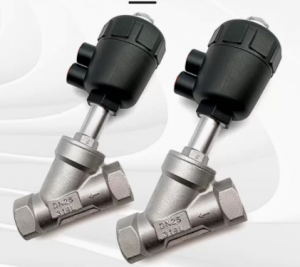
Structure: An angle seat valve consists of a valve body, valve plug, seat, and actuator. The valve plug controls the opening and closing of the seat through the up and down movement of the actuator, thereby controlling the flow of the fluid.
Flow control: Angle seat valves control the flow of fluid by adjusting the up and down movement of the valve plug. When the valve plug is lifted, the medium can flow through the passage between the valve body and seat. On the other hand, when the valve plug is pressed down, the seat is closed, preventing the flow of the medium.
Shut-off function: Angle seat valves can be used as shut-off valves to completely stop the flow of the medium in the closed position. Its structure provides reliable sealing performance, making it suitable for applications that require strict control of media flow.
High flow capacity: The design of angle seat valves allows the medium to flow directly along one side of the valve body, reducing flow resistance and providing a larger flow capacity.

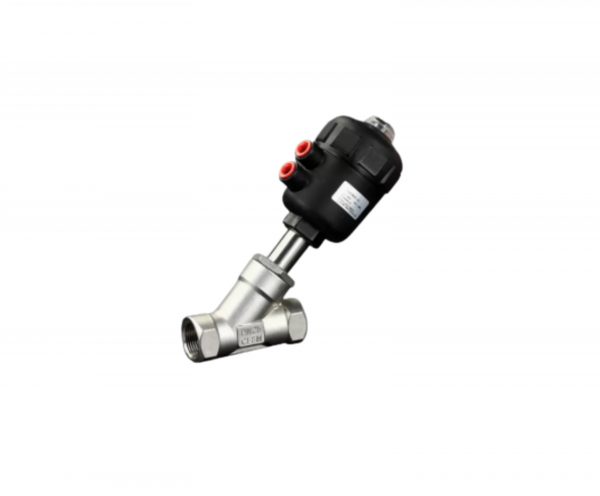
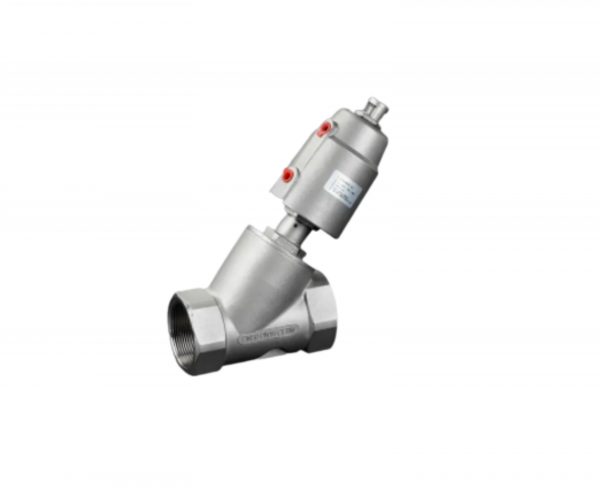
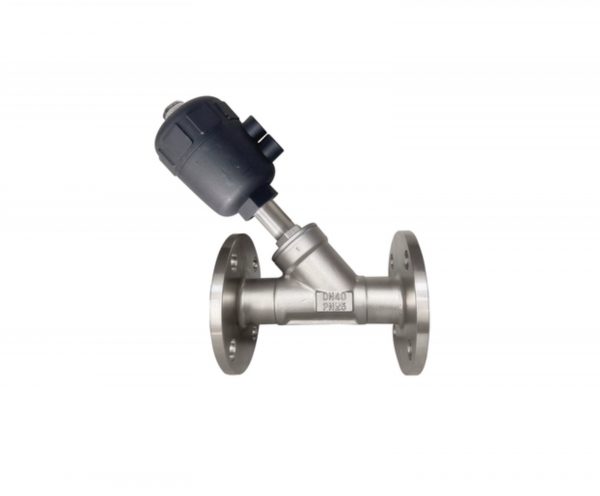
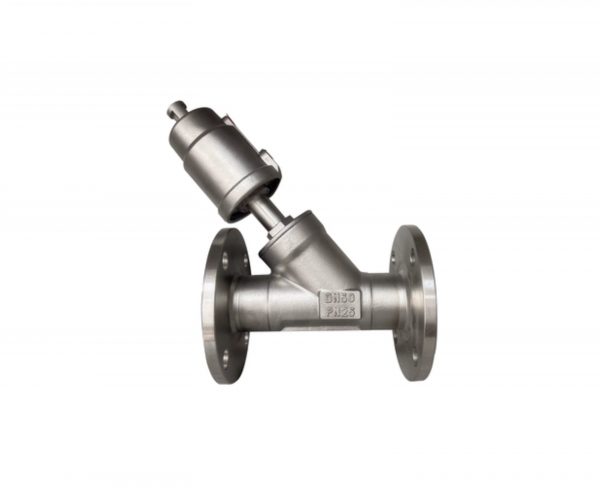
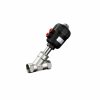
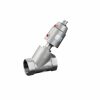
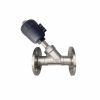
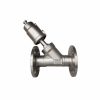
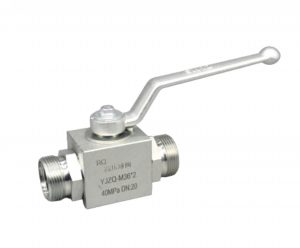
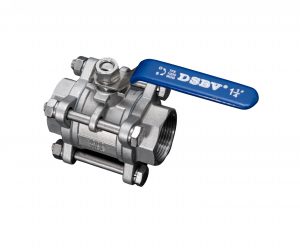
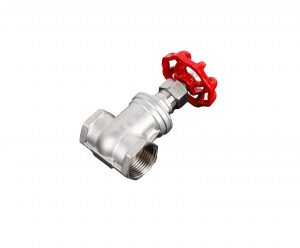
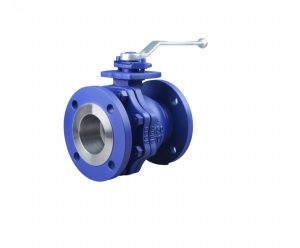
Reviews
There are no reviews yet.